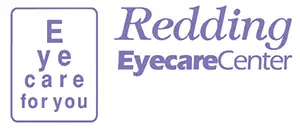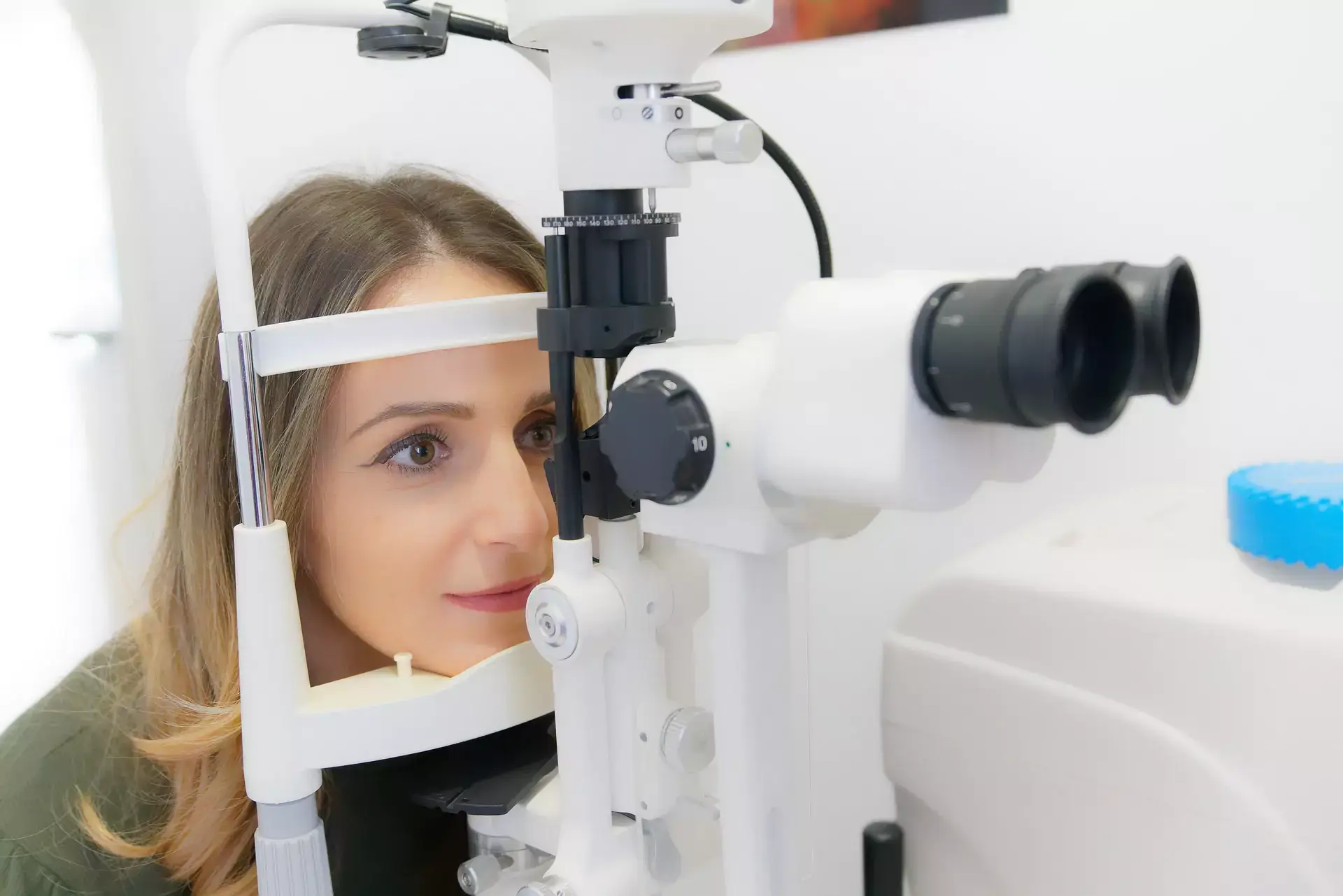Eye Allergies
Did you know that over 50 million people suffer from allergies? If you are one of them, you may notice your eyes burning, itching, or tearing, particularly when you are around certain things, such as dust, mold, or pollen. Read on as a local Redding CA eye doctor offers some tips on coping with eye allergies.
What Are Symptoms Of Allergies In The Eyes?
As mentioned above, allergies can make your eyes feel like they are stinging or burning. Itching and redness are also warning signs, as is tearing. These things are often accompanied by other symptoms, such as sneezing and stuffiness. However, that isn’t always the case: sometimes there are no additional symptoms.
That said, here are the most common ones:
- Intense itching
- Burning eyes.
- Puffy eyelids
- Redness
- Discharge
- Watery Eyes
- Light sensitivity
Eye allergies can be isolated, but they can also be combined with nasal allergies, in which case you may also experience things like coughing, sneezing, or a sore throat.
Your eye doctor can run tests to determine if your reaction is caused by a specific allergen. Keep in mind that these symptoms can also be associated with other eye issues. Call us right away if you notice any of these.
How Do You Know If You Have Eye Allergies?
If you have any of these symptoms we just mentioned, such as itching, redness, burning eyes, and excessive tearing, consult with your eye doctor and your regular doctor. It’s important for you to find out exactly what you are allergic to, and get advice on how to cope with your allergies. This may vary from person to person and may also require some trial and error. While some people may need prescription medication, OTC products can do the trick for others.
What Are Some Common Eye Allergens?
Many different things can cause irritation of the eyes. You are likely familiar with the common culprits. Pollen from grasses, trees, and weeds are a common trigger. You could also be allergic to mold and mildew, pet dander, or dust or dust mites. People can also be allergic to airborne irritants or to vapors, such as cigarette smoke, strong perfumes, exhaust, aerosols, and fumes from paint, turpentine, or cleaning agents. Makeup products can be another source of irritation.
How Can I Manage Eye Allergies?
While allergies cannot be entirely cured, they can be managed. As mentioned above, we would advise talking to both your eye doctor and regular doctor.
There are also some things you can do at home to reduce your discomfort. If you have a smartphone, download an app that allows you to monitor pollen counts. When levels are high, keep your windows shut and try to limit your outdoor time. It’s also worth your while to invest in a good air purifier. Plants can also help here, as they do assist in keeping the air in your home clean. Just be sure to choose ones that you aren’t allergic to.
Vacuuming and dusting your home regularly can help reduce the amount of allergens in your home. You’ll also want to be sure to wash your hands after petting animals or handling chemicals or other potentially-irritating materials.
Another thing that will help would be to keep your windows up when driving. We would also suggest that you wear glasses or sunglasses instead of contacts during allergy season. Additionally, you should shower, or at least change and wash your face, before bed. Otherwise, you’ll get the allergens all over your pillow! In fact, regularly washing your clothes and bedding can help you limit the amount of allergens you come into contact with.
If your eyes are bothering you, you can try a cool compress. It’s also best to avoid known pollutants, such as cigarette smoke.
Can I Wear Contacts With Eye Allergies?
If you have contacts, you may find that they irritate your eyes when you are having an allergic reaction. It may not be a bad idea to keep glasses on hand, and wear them when your allergies are acting up. Be sure to thoroughly clean and disinfect your eyewear!
Do Eye Allergies Cause Other Issues?
In most cases, the misery of the symptoms is the biggest problem. However, allergies can also cause a few other issues. Dry eyes are one possibility. As the name suggests, this happens when the eyes are unable to produce tears. Without lubrication to clean and moisturize them, your eyes can become very irritated. That inflammation can actually cause damage.
Pink eye is another possibility: this condition can also be caused by allergies. This is known as seasonal allergies conjunctivitis.
How Are Eye Allergies Treated?
There are some treatments available for allergies, which can help keep you more comfortable. You’ll need to talk to your eye doctor and get some specific recommendations as far as what you should and should not use.
Here are some of the most popular ones:
- Artificial Tears: Artificial tears can rinse away particles of allergens, and also keep your eyes moist, while steroids may help reduce swelling.
- Mast-Stabilizer Eye Drops: Mast-stabilizer eye drops can also help, as they will block the release of histamines. Histamines are chemicals that your body releases as part of its immune response to allergies. They can cause swelling of the blood vessels, as well as itching and watering of the eyes. In fact, histamines are what cause those unpleasant reactions. However, these need a bit of lead time to work, and may be most effective when taken before allergies start,
- Eye Drops: Eye drops can help, but it’s important to use the right ones. There are different types to choose from, including decongestant, antihistamine, mast cell stabilizer, corticosteroid, and NSAIDs.
- Decongestants: Decongestants can be quite effective, but there are some caveats here. You don’t want to use these for more than a week, as they can actually cause problems if used too long or incorrectly.
- Antihistamines: Antihistamines can be beneficial, but there are no guarantees: they sometimes actually cause dry eyes, and make symptoms worse.
Call us to schedule an exam and get some specific recommendations.
How Can I Tell If I Have An Eye Infection Or Eye Allergies?
Allergies can in some cases get pretty bad. In fact, they can even lead to infections. Eye infections are nothing to take lightly: they can cause permanent vision damage. They can also be contagious. It’s important to know the difference between the signs of eye allergies and eye infections.
Signs that an infection may be present include pain, light sensitivity, discolored discharge, and a gritty feeling, You may also have more intense burning and itching, as well as redness and swelling. Contact your Redding CA eye care clinic immediately if you notice any of these red flags.
Tips
The symptoms of eye allergies can also be indicative of many other eye issues. If symptoms persist, or are accompanied by other warning signs, such as eye pain, blurred vision, or double vision, call us ASAP.
Make An Appointment With Dr. Michael Young, O.D
Do you have questions or concerns about your eyesight? Are you due for a new pair of glasses, or some new contacts? Please contact Dr. Michael Young, O.D any time.




